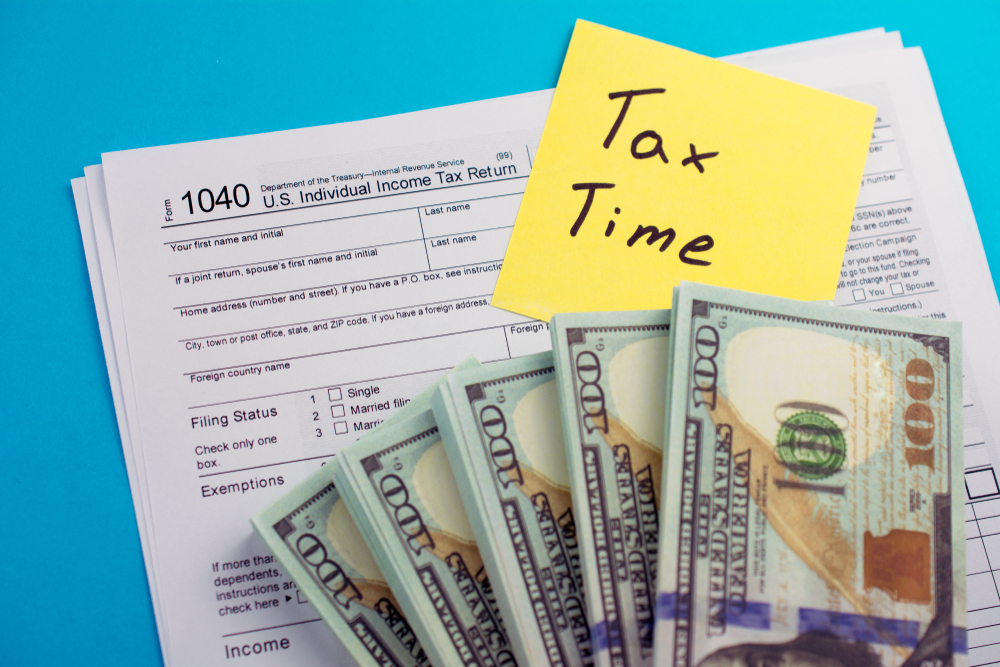The “kiddie tax” hurts families more than ever
Years ago, Congress enacted the “kiddie tax” rules to prevent parents and grandparents in high tax brackets from shifting income (especially from...

In the past, inflation often resulted in employees being pushed into higher tax brackets, leading to higher tax payments. However, recent changes implemented by the IRS have aimed to alleviate this issue by placing certain groups in lower tax brackets, thereby reducing their tax burden. This adjustment relieves taxpayers who would otherwise face increased taxation due to inflation.
Nevertheless, this year, taxpayers in America will experience a phenomenon known as Tax Refund Shock. This arises from the expiration of pandemic-related tax credits, leading to smaller tax refunds. Those utilizing the standard deduction will find themselves paying more taxes, with married couples facing the highest impact and single taxpayers being relatively less affected. Despite this, there has been a minimum increase of 6 percent in tax deductions for these groups.
It is important to note that tax brackets differ slightly when it comes to capital gains or profits from investments in other companies. Since 2022, there have been significant changes in how such investment gains are taxed, particularly in the year 2023. Previously, earnings of $41,000 or less were not subject to taxes. However, under the new regulations, if an individual earns $45,000 or more, there will be a 15 percent tax applied to their investment profits.
Additionally, flexible spending accounts (FSAs) offer employees the opportunity to allocate a portion of their income, up to the limit defined by the IRS, into an account designated for medical expenses. It is worth highlighting that most employees typically determine their FSA limits during the fall enrollment period. Consequently, individuals would have had to select the increased contribution amount during the late part of the previous year to take full advantage of the raised limit for 2023.
These changes and adjustments in tax brackets, deductions, and refund amounts demonstrate the evolving nature of the tax system in response to economic conditions, inflation, and government policies. Remaining informed and aware of these modifications can help individuals make informed financial decisions and effectively manage their tax obligations.
Years ago, Congress enacted the “kiddie tax” rules to prevent parents and grandparents in high tax brackets from shifting income (especially from...
2 min read
While the Tax Cuts and Jobs Act (TCJA) reduced most ordinary-income tax rates for individuals, it didn’t change long-term capital gains rates. They...
2 min read
With its many changes to individual tax rates, brackets and breaks, the Tax Cuts and Jobs Act (TCJA) means taxpayers need to revisit their tax...